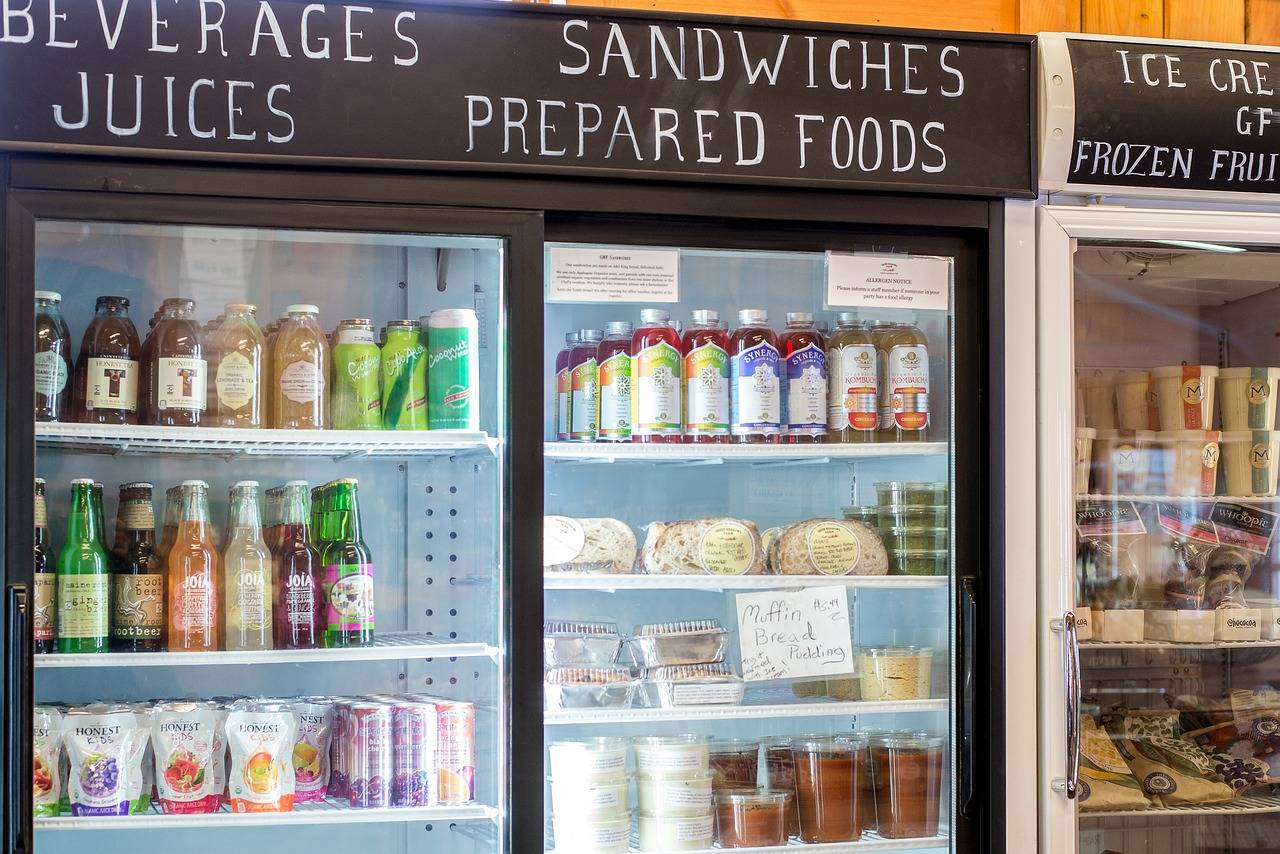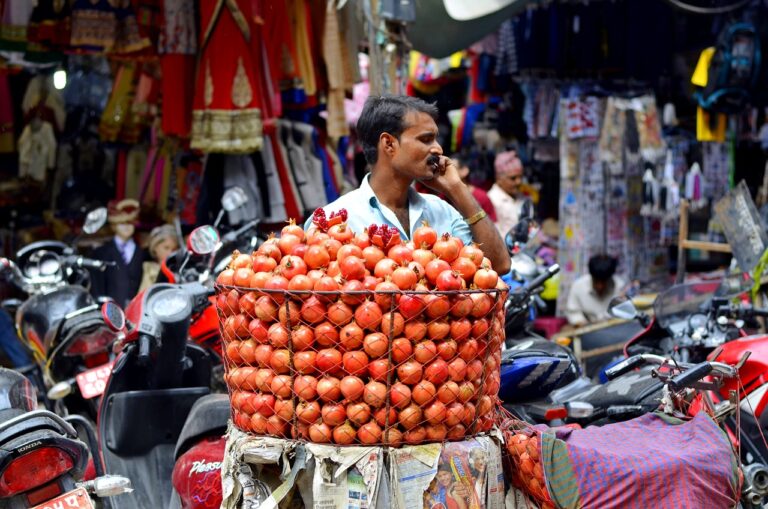The Impact of Economic Factors on Pet Supply Purchases, Budgeting, and Household Spending Patterns: Lotusbook365, Welcome to play99exch, Allpannel
lotusbook365, welcome to play99exch, allpannel: The Impact of Economic Factors on Pet Supply Purchases, Budgeting, and Household Spending Patterns
Pets are an integral part of many households, providing companionship, love, and joy to families all over the world. However, owning a pet comes with its own set of financial responsibilities, including the cost of food, grooming, toys, and veterinary care. Economic factors play a significant role in how pet owners budget for and prioritize their pet-related expenses.
1. Economic Stability and Pet Supply Purchases
When the economy is stable, pet owners are more likely to spend money on premium pet supplies, such as organic food, designer collars, and luxury toys. This is because they have more disposable income to allocate towards their furry friends. On the other hand, during economic downturns, pet owners may cut back on these expenses and opt for more affordable options.
2. Unemployment Rates and Budgeting
High unemployment rates can have a direct impact on pet owners’ budgets. If a household member loses their job, they may need to reevaluate their spending and cut back on non-essential expenses, including pet supplies. This can result in pet owners buying generic brands of food, skipping grooming appointments, or delaying preventive care for their pets.
3. Inflation and Household Spending Patterns
As inflation rates rise, the cost of pet supplies also increases. This can put a strain on household budgets, forcing pet owners to prioritize their spending. In some cases, families may need to choose between buying essentials for themselves or for their pets. This can lead to difficult decisions and financial stress for pet owners.
4. Pet Health Care Costs and Financial Planning
One of the biggest financial considerations for pet owners is the cost of veterinary care. Routine check-ups, vaccinations, dental cleanings, and emergency treatments can add up quickly. Economic factors can impact how pet owners plan and budget for these expenses. Some may choose to invest in pet insurance to help mitigate the financial burden, while others may forgo preventive care to save money.
5. Social Assistance Programs and Pet Owners
For families facing financial hardship, social assistance programs can provide much-needed support. Some of these programs offer assistance with pet food, veterinary care, and other pet-related expenses. However, the availability and access to these resources can vary based on economic conditions and government funding.
6. Community Support and Pet Owners
In times of economic uncertainty, communities can come together to support pet owners in need. Local shelters, food banks, and veterinary clinics may offer discounted services, free pet supplies, or financial assistance to help families care for their pets during challenging times. This support can make a significant difference in the lives of both pets and their owners.
FAQs
Q: How can pet owners save money on pet supplies?
A: Pet owners can save money on pet supplies by comparison shopping, buying in bulk, using coupons and discounts, and opting for generic brands.
Q: What should pet owners prioritize when budgeting for their pets?
A: Pet owners should prioritize essentials such as food, water, shelter, and veterinary care when budgeting for their pets.
Q: Are there any government programs that help with pet-related expenses?
A: Some government programs, such as SNAP (Supplemental Nutrition Assistance Program), may offer assistance with pet food expenses for families in need.
Q: How can pet owners prepare for unexpected veterinary expenses?
A: Pet owners can prepare for unexpected veterinary expenses by setting up a separate savings account, investing in pet insurance, or exploring payment plans with their veterinarian.
In conclusion, economic factors such as stability, unemployment rates, inflation, and social assistance programs can impact how pet owners budget for and prioritize their pet-related expenses. By being aware of these factors and planning accordingly, pet owners can ensure that their furry friends receive the care and love they deserve, despite financial challenges.







